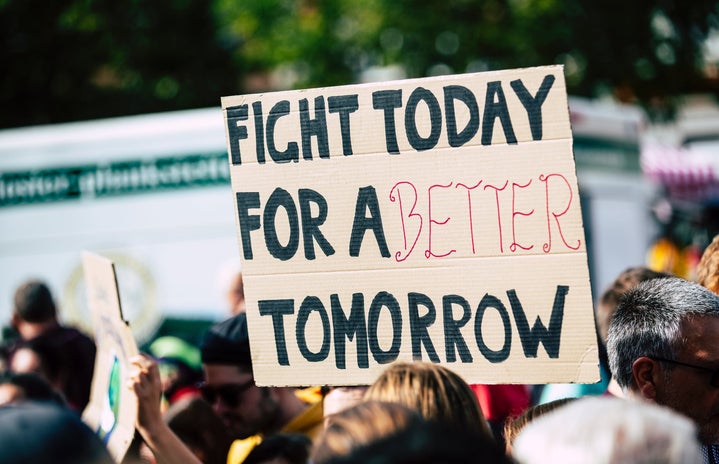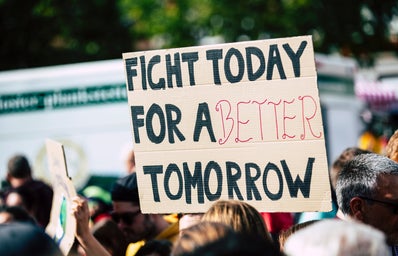In recent years, the #FreePalestine movement has gained momentum. But despite the importance and impact of newly increased awareness, the crisis, which has been ongoing for more than 70 years, is still far from over.
In 1947, following more than 20 years of British rule, a plan was proposed to divide Palestine into two independent states: one Jewish and one Arab. One year later, a conflict ensued which would be the beginning of a new chapter of competition between the nation-states as they fought over their “diplomatic, political and economic interests”, according to History.com.
The history between the two groups is extensive and complex. The crisis today, however, should not be branded as a ‘conflict’. To label it such is grossly inaccurate and misleading. It suggests an equal exertion of power and pressure from both sides. This narrative motivates a justification of Israeli hate crimes as retaliation or self-defence and can be used to justify the blatant violation of human rights imposed upon the Palestinian people.
This crisis has continued into the present day, where the Israeli government has instituted an Apartheid system which oppresses Palestinian citizens. Since the start of the Holy Muslim month of Ramadan in mid-April 2021, attacks against Palestinians have increased and intensified – according to the BBC.
#FreePalestine advocates for the liberation of Palestine and her people from the Israeli government and the Israeli Defence Force. This includes liberation from violent attacks of terrorism and deprivation of basic human rights.
Social media has been used often and effectively as tool to strengthen socio-political movements. Much like the Black Lives Matter movement, social media has propelled Free Palestine to the forefront of the media. For the first time, it has been viewed as topical and gained world-wide support. The normalisation of the discussion of such topics across multiple platforms has allowed for #FreePalestine, amongst other movements, to gain momentum.
The contribution of public figures, celebrities, and those with large platforms to the conversation regarding #FreePalestine has broadened the support given to the movement. Notable celebrities advocating for Palestinian rights include sisters Gigi and Bella Hadid sisters, who boast 67.1 and 43.3 Instagram followers respectively. On the other hand, social media has also been used by pro-Israel influencers with large platforms who have promoted Zionism and support for Israel.
Social media is also being used to encourage real-life action – typically in the form of protest. Multiple protests, advocating for the end of Israeli violence against Palestinians and the boycotting of Israeli companies, have taken place worldwide, including in first-world countries such as the United States and the United Kingdom. Previously, #FreePalestine was not endorsed to such a great extent.
While the increased discussion and awareness surrounding the #FreePalestine movement has been met with some resistance, this does not discredit the recent successes the movement has achieved. On the 21st of May 2021, following huge social media uproar surrounding the atrocities committed by the Israeli government, Israel declared a ceasefire. Currently, Palestinians are still at risk of being attacked and deprived of their basic human rights. Although raising awareness via social media is strategic and important, there is still much more work to be done to protect Palestinians from acts of terrorism inflicted by the Israeli Defence Force and government.
Want to know more about the conflict in Palestine? Check out these resources:
https://freepalestinemovement.org/about/
https://free-palestine.carrd.co/#contents]
https://www.vox.com/2018/11/20/18079996/israel-palestine-conflict-guide-explainer


